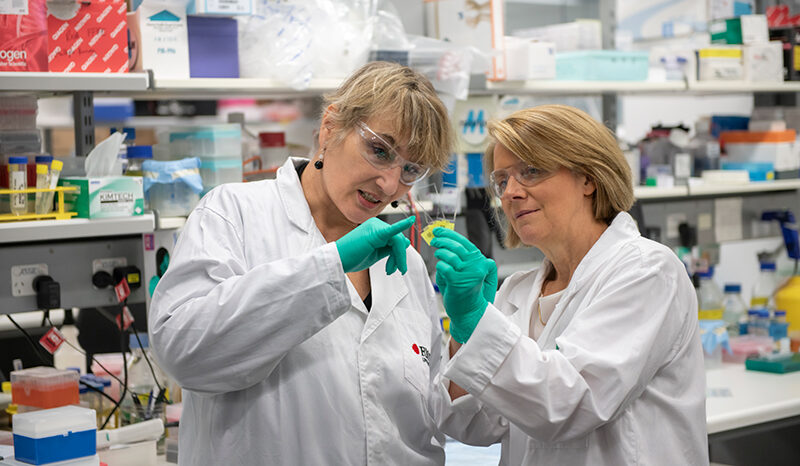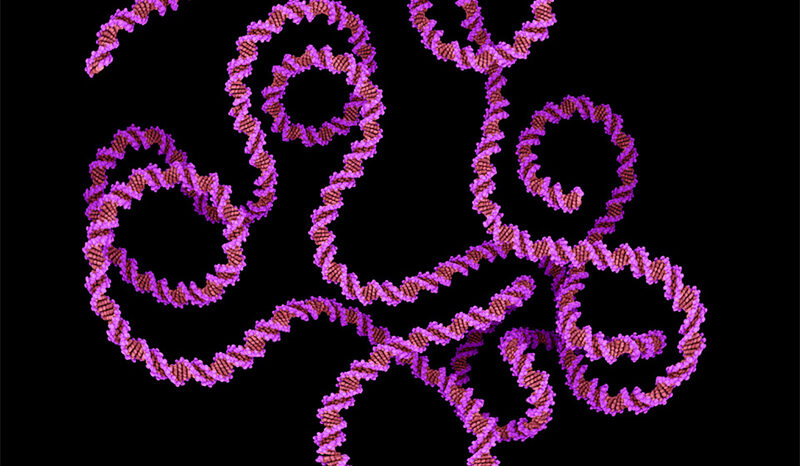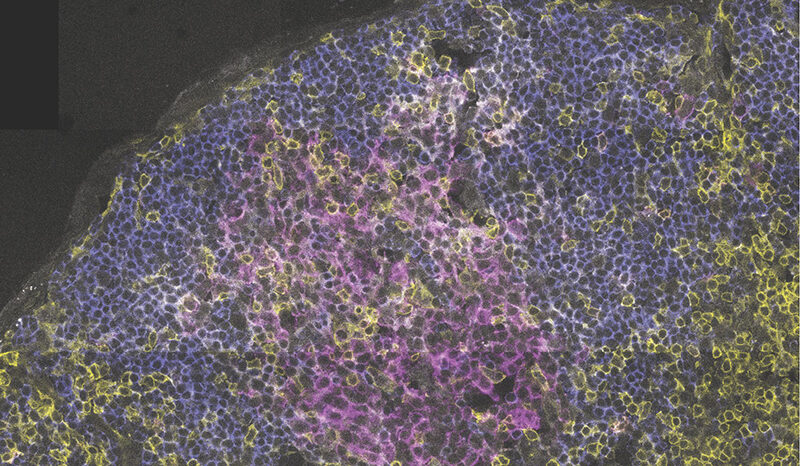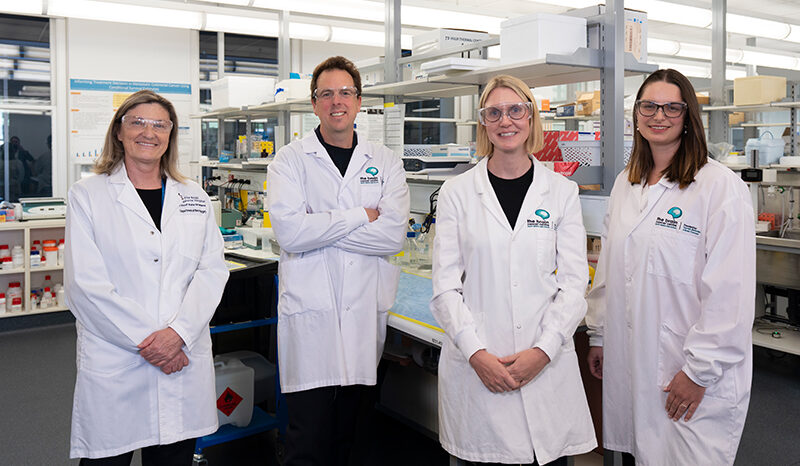Australia has launched the world’s first study that will follow babies before and after they are born to understand how environmental factors interact with genes to increase the baby’s chance of developing type 1 diabetes.
The Environmental Determinants of Islet Autoimmunity (ENDIA) study will investigate 1400 women and their babies from early pregnancy to three years of age to understand how the environment promotes the development of type 1 diabetes.
The ambitious program, initially supported by the National Health and Medical Research Council, has been boosted by an $8 million investment from The Leona M. and Harry B. Helmsley Charitable Trust, US, and JDRF Australia, to enable researchers to complete recruitment for the study in major hospitals in Melbourne, Sydney, Brisbane, Adelaide and Perth, and apply the latest gene analysis techniques.
ENDIA is seeking to recruit 1400 pregnant women across Australia whose unborn or newborn baby has an immediate relative with type 1 diabetes. This may be the mother herself, the baby’s father or a sibling. The study is a collaboration between hospitals, universities and medical research institutes across Australia.
Principal investigator Professor Jenny Couper from the University of Adelaide and the Women’s and Children’s Hospital said ENDIA aimed to identify the environmental factors, together with the genes, that influence the development of type 1 diabetes. “We believe children are exposed to the environmental triggers that lead to type 1 diabetes very early in life – perhaps even before they’re born,” she said.
Co-principal investigator Professor Len Harrison, from Melbourne’s Walter and Eliza Hall Institute and The Royal Melbourne Hospital, said the study would investigate how multiple environmental factors triggered genetic changes that led to type 1 diabetes.
“Type 1 diabetes in children is twice as common as it was 20 years ago,” Professor Harrison said. “This is because our environment has changed and this has made it more likely for a child at risk to develop type 1 diabetes. If we can understand what factors in the environment are harmful or protective, and how they interact with our genes, we can modify the environment or develop new tools to prevent type 1 diabetes.”
Dr Dorota Pawlak, head of research development at JDRF Australia, said the funding partnership was groundbreaking. “This funding injection will have a transformational impact on the scope and outcomes of the ENDIA study with the potential to accelerate patient benefit for more than 120,000 Australians with type 1 diabetes, and millions of other patients around the world,” Dr Pawlak said. “It is the world-leading excellence of Australian research and researchers that enabled us to attract international investment from such a highly respected partner, the Helmsley Charitable Trust.”
The Helmsley Charitable Trust is the world’s largest private foundation funder for type 1 diabetes-related initiatives. It aspires to improve lives by supporting exceptional non-profits that are aligned with its mission.
Dr Gina Agiostratidou, senior program officer in the Helmsley Charitable Trust’s Type 1 Diabetes Program, said this would be the first time the trust had invested in Australian research. “This study will provide critical broad scale data that will drive our ability to investigate the early stages of type 1 diabetes and identify potential new pathways to prevent it,” Dr Agiostratidou said.
For more information about the ENDIA study please visit www.endia.org.au or follow us on Facebook.
Further information
Liz Williams
Media and Publications Manager
M: 0428 034 089
E: williams@wehi.edu.au








